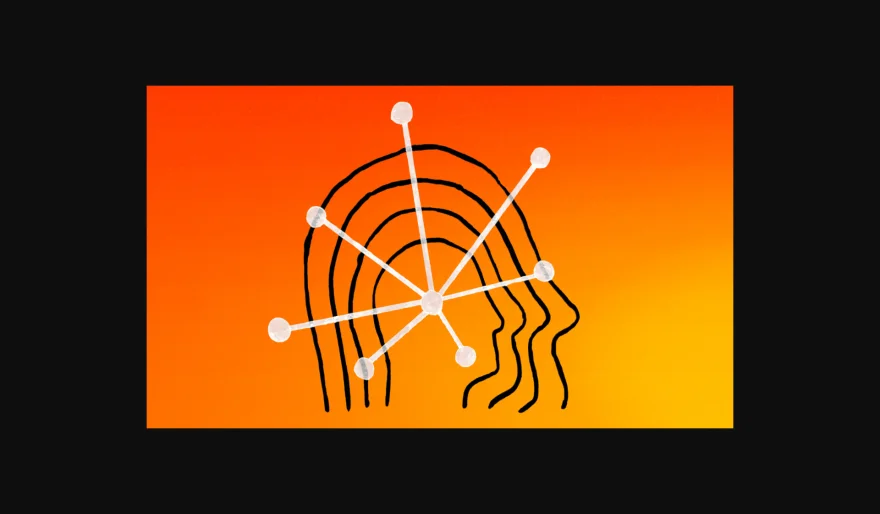Stay Ahead of the Curve
Latest AI news, expert analysis, bold opinions, and key trends — delivered to your inbox.
Anthropic Unveils Claude 4: Smarter, Deeper, and Code-Savvy AI
3 min read Anthropic has launched Claude Opus 4 and Sonnet 4, powerful new AI models designed for deep reasoning and coding tasks. Sonnet 4 is free to use, while Opus 4 is premium, with both available via API on Amazon Bedrock and Google Vertex AI. May 23, 2025 09:52
At its first-ever developer conference, Anthropic introduced the Claude 4 family of AI models — and they’re built to think in deeper, more deliberate ways.
The new models, Claude Opus 4 and Claude Sonnet 4, are designed for multi-step reasoning, large-scale data analysis, and complex task execution. Anthropic claims they perform exceptionally well on industry benchmarks, especially in programming tasks like writing, debugging, and editing code.
What's the Difference?
-
Claude Opus 4: The most powerful model in the lineup, available to paying users only.
-
Claude Sonnet 4: A more accessible version, available to both free and paid users.
For developers accessing via Amazon Bedrock or Google Vertex AI, here’s the pricing per million tokens (about 750,000 words):
-
Opus 4: $15 input / $75 output
-
Sonnet 4: $3 input / $15 output
That’s a lot of AI brainpower per dollar, considering a million tokens equals more words than War and Peace — plus a sequel.
These new Claude models aren’t just bigger; they’re smarter and more efficient, pointing to a future where AI becomes not just faster, but better at long-term, thoughtful work.
Anthropic’s new Claude 4 models can tackle complex reasoning and code tasks. Sonnet 4 is free to use, Opus 4 is premium, and both are available via API with competitive token pricing.



















 AI Agents
AI Agents